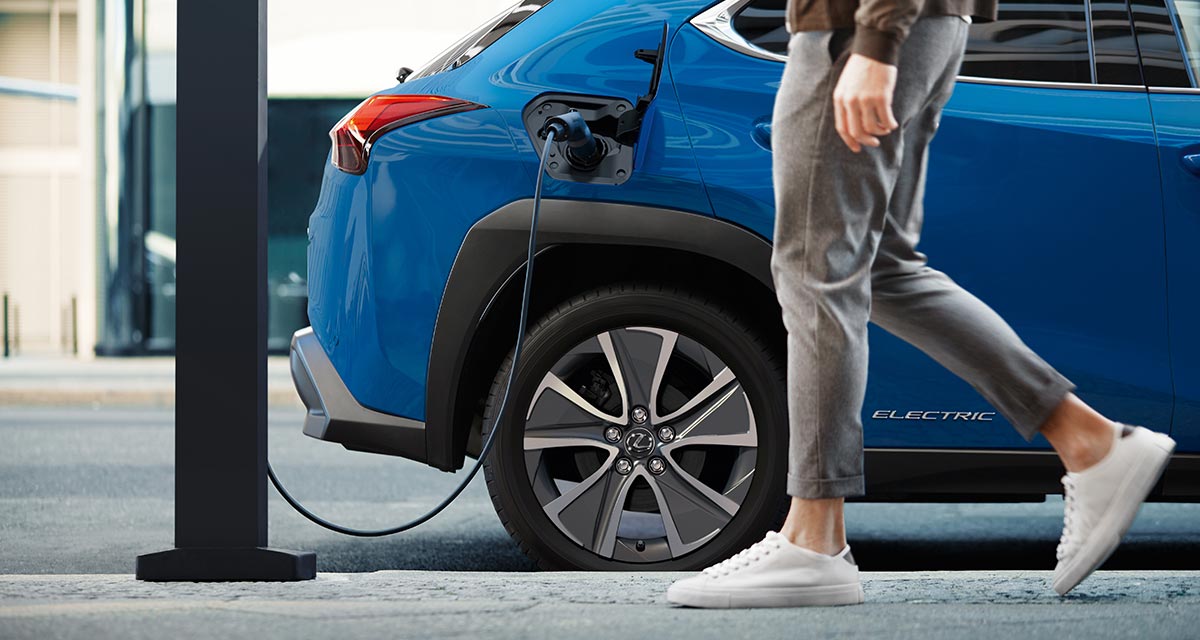Electrik has an incendiary interview Toyota North America general manager Jack Hollis about the company’s view on pure-electric vehicles:
Regarding EVs, fuel cell, plugin, and hybrid, we started investing in all four of those powertrains at about the same time.
All of these are part of the plan, but doing them in order of the consumer demand. And when you look at it, the demand for electric is less than it is on hybrid.
I don’t think there’s any proof in the marketplace that there’s a demand for EVs.
Hollis takes it even further, positing that consumers want fuel cells more than EVs:
How do you know there’s more demand for electric than fuel cells? It’s like hybrid when we started. There was the logic behind what a customer needs and how customers use vehicles. Would a person rather have to charge for three hours or fuel the vehicle in five minutes?
The use of batteries seems to be an area that the industry is looking into before the customer is ready. Toyota believes that we need to be able to go step by step – gasoline to hybrid to plugin to fuel cells and electric.
This appears a regional stance — Toyota will introduce pure-electric versions of the C-HR and Lexus UX in China and Europe next year, and EVs will play a huge role in Toyota’s sponsorship of the Tokyo Olympics next year.



